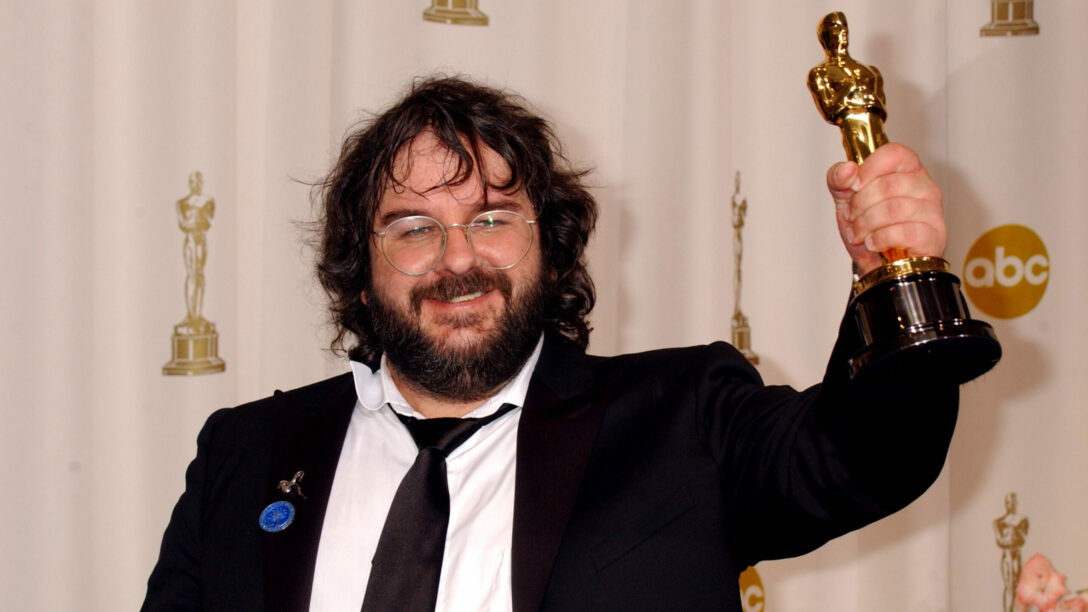It’s been a wild start to 2023 in Hollywood, and it’s been a while since I answered reader questions. So here we go (and apologies to those I couldn’t respond to or answer here)…
Your recent Yellowstone column included the detail that Kevin Costner is making $1.2 million an episode this season, plus more money from an overall deal. Is he the highest-paid actor on TV?

















